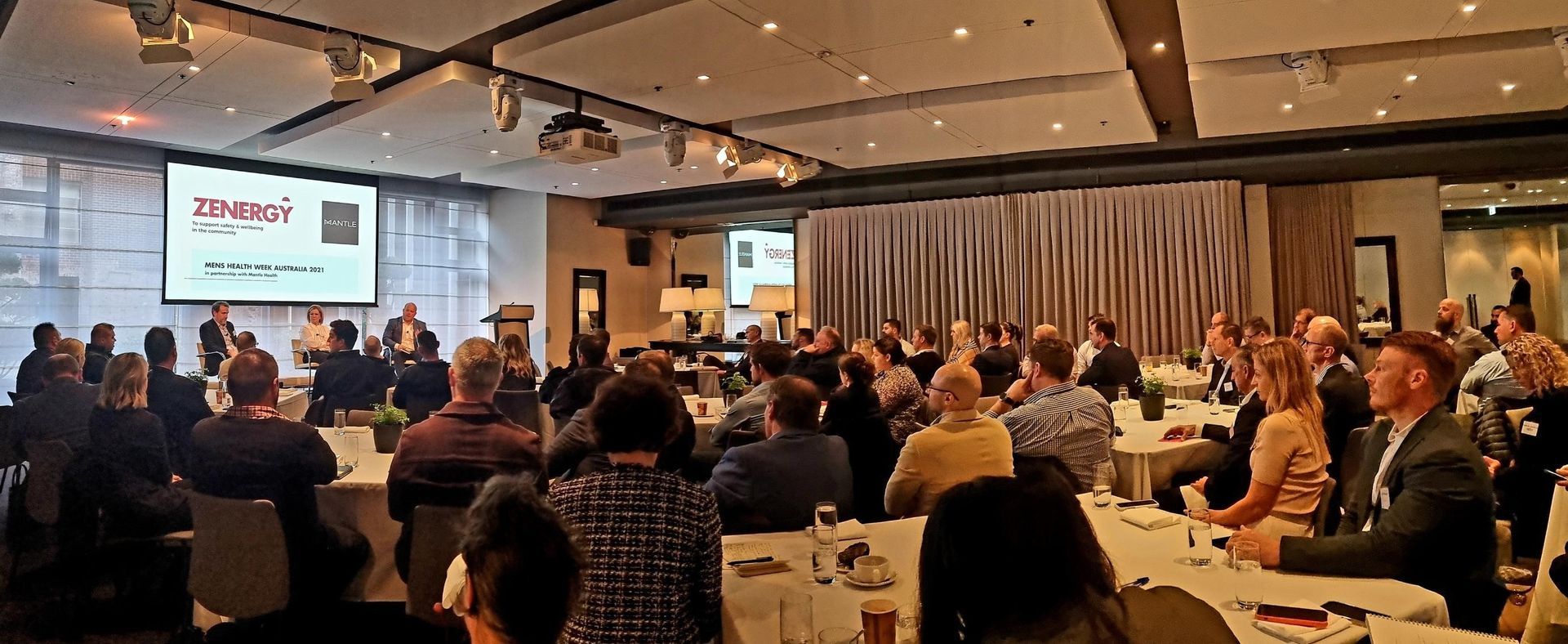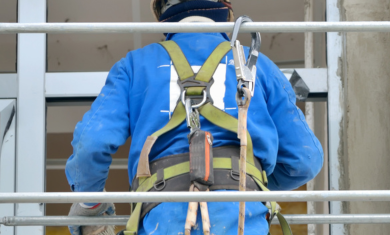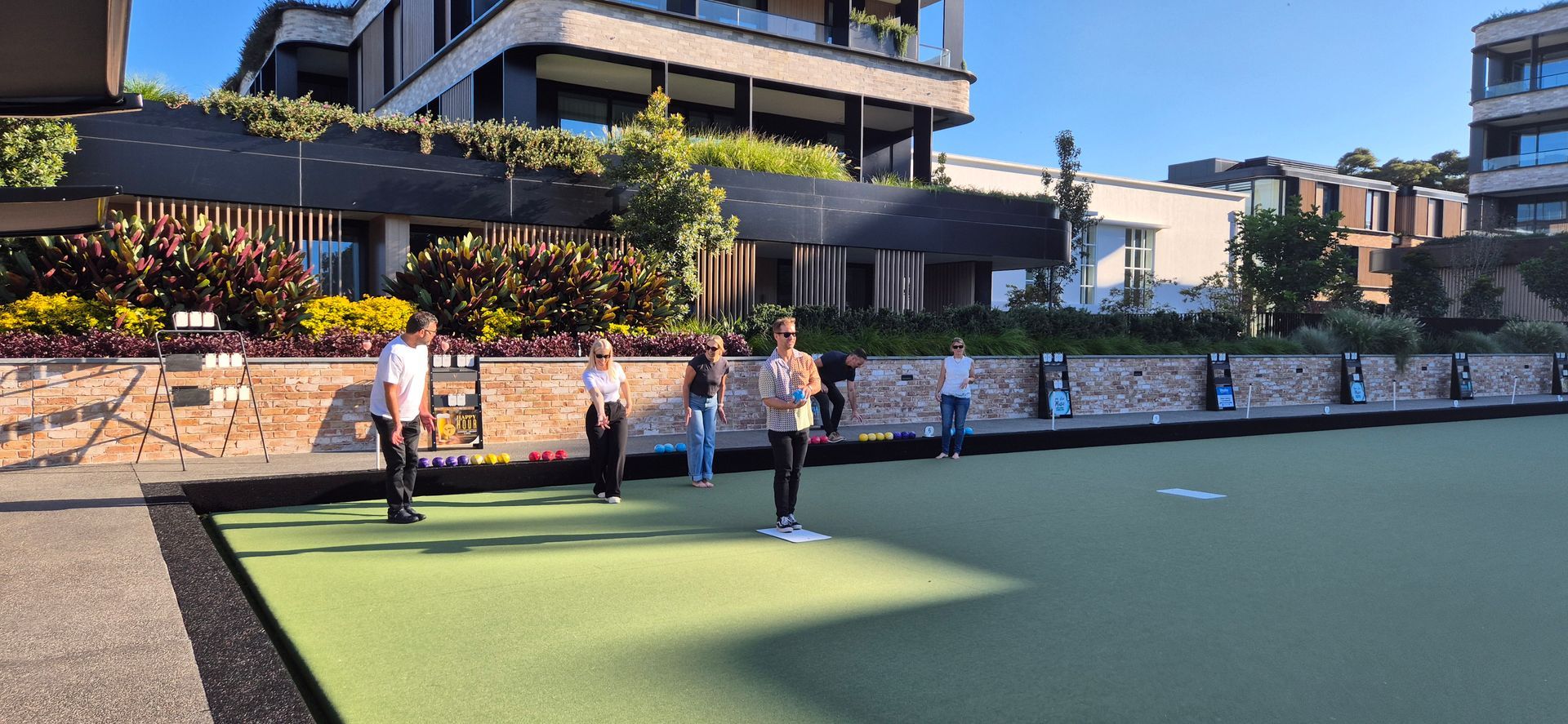No compensation – Back injury reported too late
An employee who waited nearly a month to report a work injury to his employer has been denied compensation. He had been required to provide notice as soon as practicable after the injury occurred.
[Full text of this case: Kelp Industries Pty Ltd v K [2016] TASWRCT 2 (6 January 2016)]
Kelp Industries Pty Ltd disputed liability to compensate Mr K, an operator at its kelp factory, on the basis that he failed to provide formal notice of his lower back injury as soon as practicable after it occurred.
Relevantly, the company made an application under s81A of the Workers Rehabilitation and Compensation Act 1988 (Tas) for a ‘reasonably arguable case determination’ by the Workers Rehabilitation and Compensation Tribunal of Tasmania. The application was handled by Commissioner Chandler.
It was the company’s evidence that:
On 26 August 2015, Mr K told the company’s acting general manager, Mr V, that he had lifted a large piece of wood from a crate into a furnace. Mr V reminded Mr K of the requirement to roll, not lift, large pieces of wood and asked him if he was hurt. Mr K replied that he was okay and did not wish to complete an incident report. Although he continued to work, Mr V took over Mr K’s job of filling the furnace with wood.
A toolbox meeting was held where Mr V, to prevent a recurrence of the incident involving Mr K, reminded employees not to lift large pieces of wood.
On 21 September 2015, Mr K provided Mr V with an incident report, advising him that he was suffering back pain as a result of lifting the piece of wood nearly a month earlier.
Mr K had not reported pain or discomfort in the intervening period; rather, he had performed all the tasks required of him without complaint.
Mr K submitted that he did notify Mr V of his lower back injury on the day it happened. His workers compensation claim form included the initial medical certificate for the injury, issued on 21 September 2015. The issuing doctor had certified the injury to be consistent with lifting a large piece of wood and the certificate indicated he had partial incapacity to work.
The issue for Commissioner Chandler to determine was whether Mr K should be rejected on the basis he failed to give notice of his injury as soon as practicable in accordance with s32(1)(a) of the Act. This section provides that a worker shall not be entitled to compensation for an injury unless the employer was notified of the injury as soon as practicable after the occurrence.
Commissioner Chandler accepted the company’s s81A application for a reasonably arguable case determination:
“In my view a reasonably arguable case determination should be made. Although it is common ground that on 26 August there was an incident involving the worker placing a large piece of wood in a furnace, it is the contention of Mr [V] that the worker did not at this time advise that he had suffered an injury and when specifically asked, stated that he was okay. It is my view that if this evidence was accepted following a contested hearing, then the employer may be able to avoid the claim on the basis that it was unaware of the nature of the worker’s injury… until it received the incident report almost one month later and hence, arguably at least, did not have notice of the injury as soon as practical. I therefore determine that a reasonably arguable case exists.”
In accordance with s81A(3)(c), Commissioner Chandler determined that compensation was not to be paid by the employer.
Kelp Industries Pty Ltd v K [2016] TASWRCT 2 (6 January 2016)
By James Harkness
This article was originally posted on Workplace OHS a part of NSW Business Chamber – Australian Business Consulting and Solutions has a dedicated team of WHS/OHS experts who can assist you with your specific WHS/OHS issues and problems.
Contact Us
We will get back to you as soon as possible.
Please try again later.
Zenergy News



Contact Us
For more information on our services feel free to email us on -
info@zenergygroup.com.au or call 1300 333 400
Sydney
25 Brisbane Street
Surry Hills
Sydney NSW 2010
Melbourne
Level 23, Tower 5, Collins Square
727 Collins Street
Melbourne VIC 3008
Brisbane
Level 54, 111 Eagle Street
Brisbane QLD 4000
Perth
Level 25, 108 St Georges Terrace
Perth WA 6000
Recent News


© ZENERGY 2022 | Privacy Policy |





